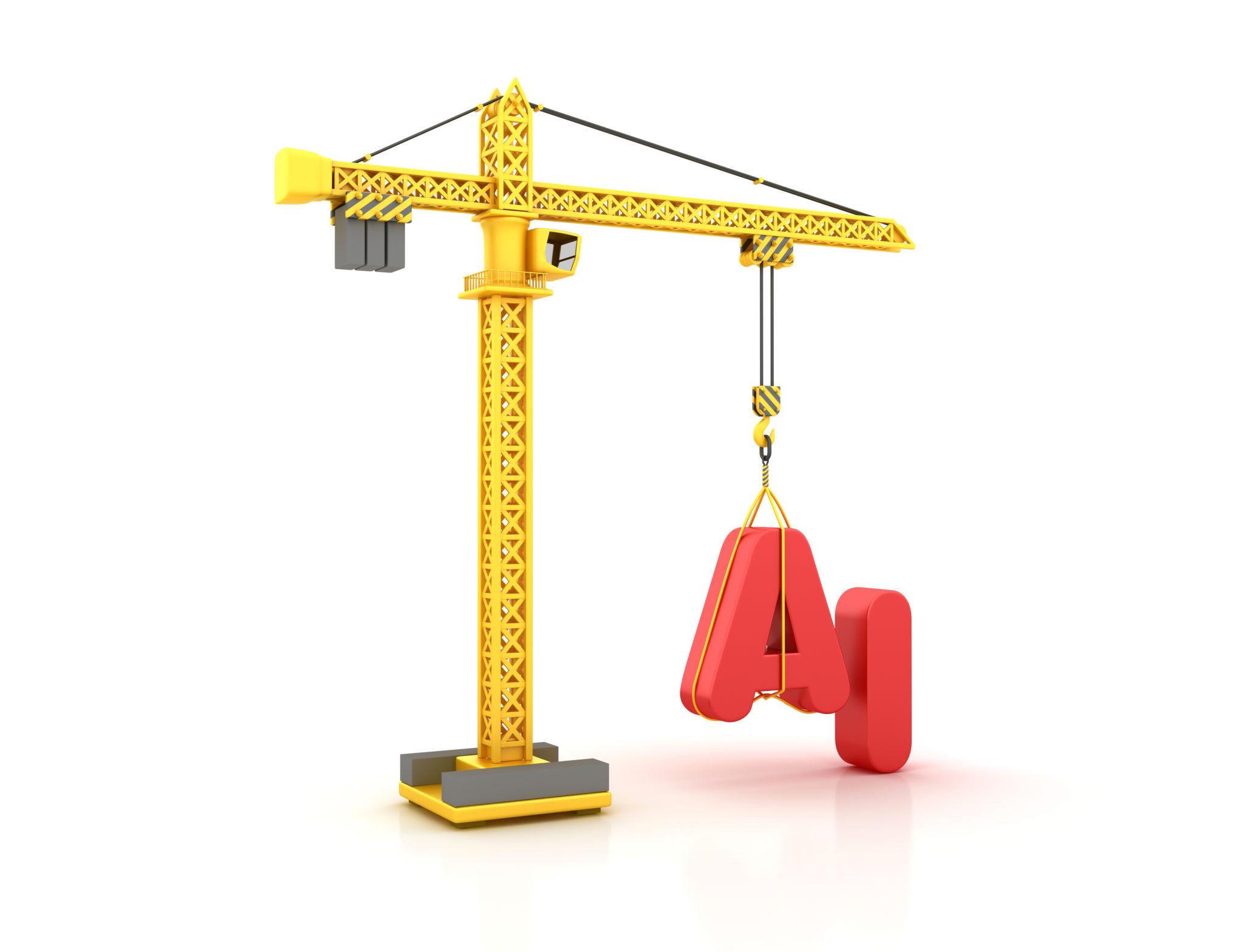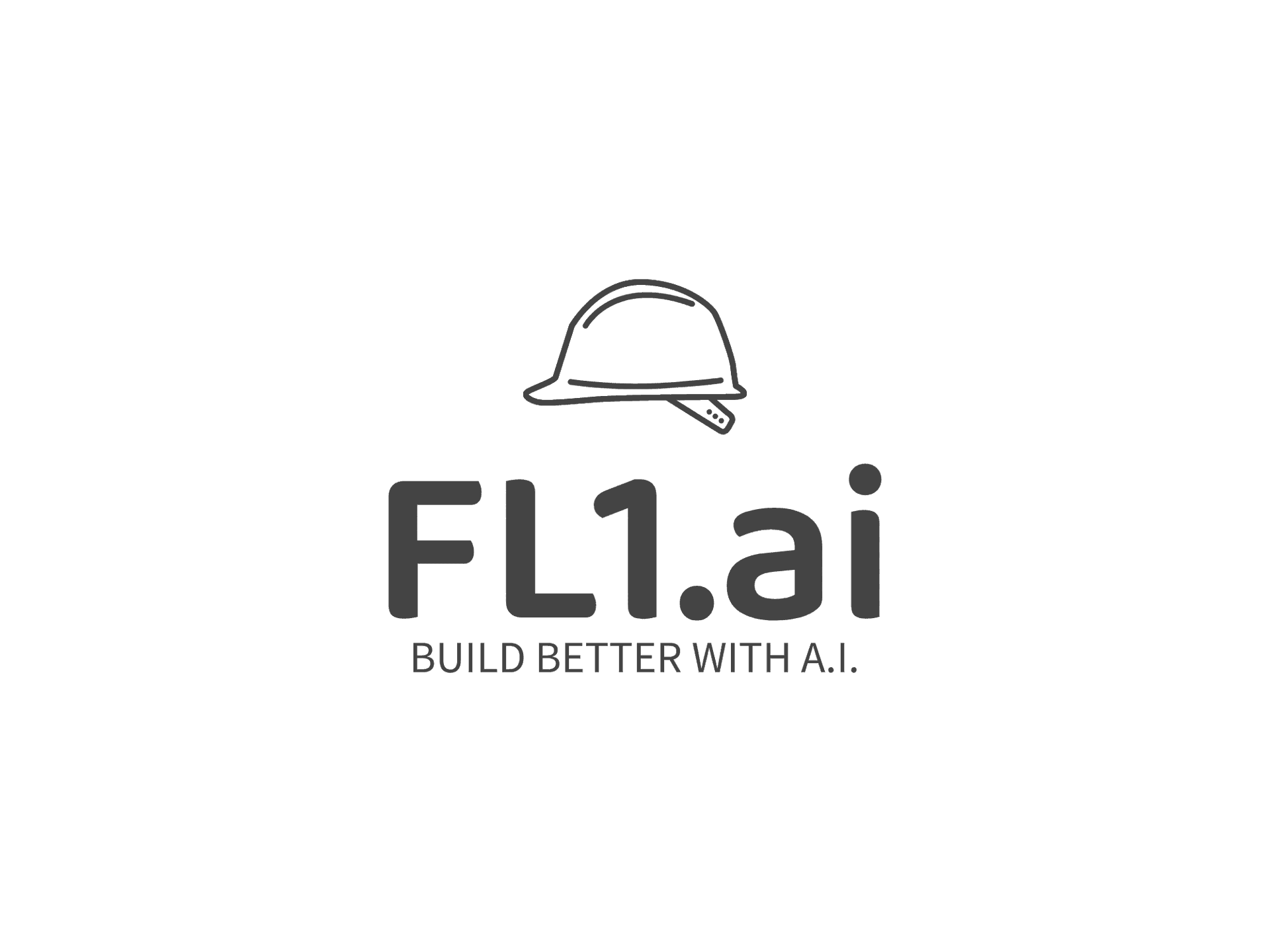Addressing Common Misconceptions About AI in Construction Projects
Understanding the Role of AI in Construction
Artificial Intelligence (AI) is transforming industries worldwide, and the construction sector is no exception. However, there are several misconceptions about how AI is applied in construction projects. Addressing these misunderstandings is crucial for embracing the full potential of AI technologies.
One common misconception is that AI will replace human jobs in construction. On the contrary, AI is designed to complement human skills rather than replace them. By automating repetitive tasks, AI allows professionals to focus on more strategic aspects of projects, enhancing overall productivity and job satisfaction.

AI and Project Management
AI's capabilities in project management are often underestimated. Many believe AI cannot handle the dynamic and complex nature of construction projects. However, AI tools are already streamlining project management by offering data-driven insights, improving decision-making, and predicting potential risks before they become issues.
AI can analyze vast amounts of data from past projects to forecast timelines and budgets more accurately. This predictive analysis helps in better resource allocation and minimizes delays, ultimately leading to more successful project outcomes.
Safety Concerns and AI
Safety in construction is a critical concern, and some fear that AI might compromise safety standards. In reality, AI enhances safety by monitoring sites in real-time, identifying potential hazards, and preventing accidents. Drones and robots equipped with AI can access areas that might be dangerous for humans, ensuring safer working conditions.

The Cost of Implementing AI
Another misconception is that implementing AI in construction projects is prohibitively expensive. While initial investments might be significant, the long-term savings and increased efficiency often outweigh these costs. AI can reduce waste, improve material usage, and optimize labor costs, offering substantial financial benefits over time.
Moreover, as technology advances, the cost of AI tools continues to decrease, making them more accessible to companies of all sizes. This democratization of technology ensures that even smaller firms can benefit from AI innovations.
AI Learning and Adaptability
Some critics argue that AI lacks the adaptability needed for the ever-changing environment of construction sites. However, modern AI systems are designed to learn and adapt continuously. Machine learning algorithms enable AI to improve its performance and accuracy over time, adapting to new challenges and requirements.

Collaboration Between AI and Humans
It's essential to highlight the collaborative nature of AI in construction. Rather than viewing AI as a standalone solution, it's beneficial to see it as a tool that enhances human capabilities. Collaboration between AI systems and human workers leads to innovative solutions and improved project outcomes.
By fostering a collaborative environment, companies can leverage the strengths of both human intuition and machine precision, leading to more efficient and effective construction processes.
The Future of AI in Construction
The future of AI in construction projects looks promising as technology continues to evolve. Embracing these advancements can lead to smarter, safer, and more efficient construction practices. By addressing misconceptions, stakeholders can better understand the value AI brings to the industry.
As more companies adopt AI technologies, the construction industry will likely see significant improvements in productivity, safety, and cost-effectiveness. Understanding and addressing misconceptions is a critical step toward fully realizing these benefits.
